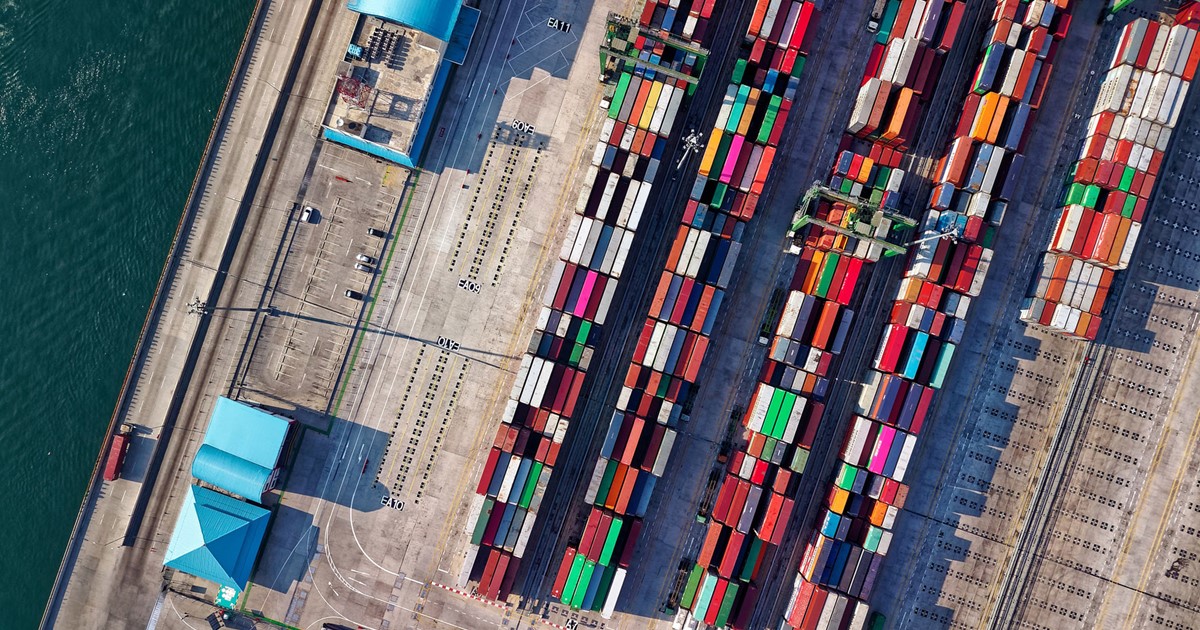As early startups in Latin America and the Caribbean (LAC) need to become more and more global to compete, can they participate in cross-border exchanges? More importantly, can these exchanges really lead to impactful changes for the region? We believe they can.
The LAC startup scene has changed drastically in the past two years – locking a record VC volume of US$15.7B in 2021; US$5.5B in Q1 2022 (88% increase from Q1 2021[1]), with 51 unicorns to date. The vast problems coming out of the Covid-19 pandemic – from health to education to logistics – have accelerated the financing and expansion of digital solutions, and as a result, the positive impact on the poor and vulnerable.
Such evolution has opened doors for new ways of innovation, and among it, cross-border exchanges with regions far away from LAC – like Asia and Europe, leading to real impactful results.
The startups Wheel the World (Chile) and Dot (Korea) are working on a joint solution for tourism for the visually impaired in Chile, using Wheel the World’s platform for accessible tourism and Dot’s Internet of Things (IoT) powered Braille technology (check out their first pilot trip in this video).
Another example comes from the companies Proximity and Virnect, a pair that joined Augmented Reality and Virtual Reality technologies for safety trainings for miners in Peru, protecting the lives of mostly low-income workers.
Riid, an EdTech giant financed by Softbank, has partnered with the Colombian-Mexican company Maestrik to develop an AI-based English certification platform, which drastically drops the cost of education for many students.
In some cases, partnerships can result in far more than just pilot programs.
Avancargo and Coconut Silo, two smart logistics companies bringing smart freight transportation into LAC, have just signed their official joint venture in May 2022. The pair is set out to reduce CO2 emissions across Argentina, Uruguay, Chile, and Mexico through their route optimization technology, while providing income and education to truck drivers.
IDB Lab, as a supporter of this exchange program, together with its partners Born2Global – a Korean deep tech accelerator – and Centraal – a Mexican startup hub – feel optimistic about the future of global startup exchanges in creating real, tangible impact across LAC. For these connections to occur, the role of multilateral organizations and other ecosystem players will be increasingly important.
Please click here to download a report on success cases of cross-border bridges across regional ecosystems.


